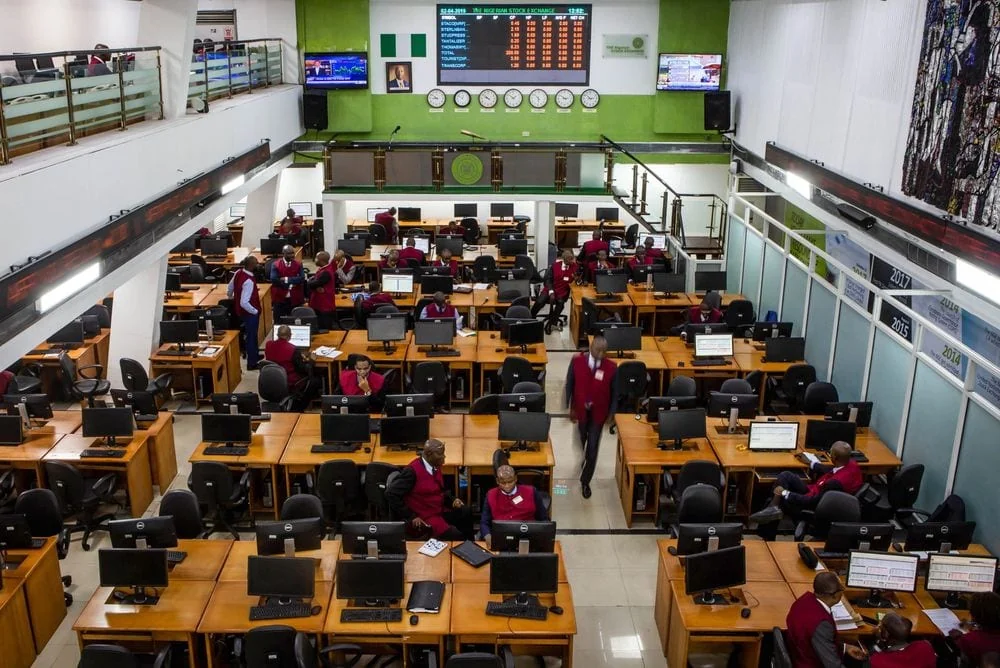An independent Report on Wema Bank PLC’s equity by a Team of Analysts at Global Assets Management Nigeria Limited has revealed that the Bank’s stock, which currently stands at N11.00 per unit (as of Friday, April 4) on the Nigerian Exchange Limited (NGX), is trading below intrinsic value.
The intrinsic value of a stock represents its true worth based on fundamental factors such as cash flow, assets, and the quality of the company’s earnings rather than market sentiment. A market price below the intrinsic value indicates that the stock is under-valued, a buying prospect, and a market price above intrinsic value implies that the stock is over-valued, a selling prospect.
In a special analysis titled Equity Research Report on Wema Bank PLC, by Global Assets Management, made available to the media, Wema Bank’s Price-to-Ratio (P/B) Ratio stands at 0.90. This is below 1(0.90), implying that the stock is trading below its book value, an indication of undervaluation and a buy signal.
According to the Report, the bank’s Net Asset Growth of 87.3% year-over-year (YoY) further reinforces its intrinsic financial strength, its P/E Ratio (2.63) is far below the industry average, and the Discounted Earnings Model suggests the intrinsic value of ₦30.40 (175% upside).
“The bank has demonstrated exceptional revenue and net interest income growth, with total revenues increasing from ₦41.98 billion in 2020 to ₦233.89 billion in 2024, a 457% total increase (CAGR of 53.6%). Net interest income, a key indicator of a bank’s core lending business, surged from ₦30.85 billion in 2020 to ₦170.19 billion in 2024, a 451% total increase (CAGR of 53.2%). In 2021, the bank posted an increase in net interest income (NII) despite a slight dip in total revenue, possibly due to changes in funding costs or asset yields. In 2022, revenues surged 88% YoY, YoY, suggesting strong non-interest income growth (likely fees and commissions) alongside resilient net interest income.
“From 2023 – 2024, Wema Bank achieved accelerated growth, with net interest income (NII) and total revenues more than doubling in two years. This suggests robust loan growth, favorable interest rate environments, or strong asset quality. Wema Bank’s return on equity (ROE) of 29.10% significantly outperformed Sterling Bank, which has the lowest ROE at 11.60%. This indicates strong profitability about shareholder equity for Wema Bank. With Returns on Assets (ROA) of 1.90%, Wema Bank falls behind Stanbic IBTC. which leads with 2.40%, and Fidelity Bank at 2.20%. While Wema’s ROA is decent, it suggests room for improvement in asset utilization efficiency.
“The bank also shows an attractive earnings yield, signaling a favorable valuation. However, its lower ROA suggests room for improvement in asset efficiency while its revenue generation is mid-range and its dividend yield lags behind some of its competitors.
Wema Bank’s rapid revenue and profit growth, coupled with consistent dividend growth, strong earnings performance, and undervaluation, presents an attractive investment opportunity.
With an estimated intrinsic value of ₦30.40 per share, Wema Bank’s stock is significantly undervalued at its current market price of ₦10.90. Long-term investors seeking exposure to Nigeria’s growing banking sector may consider this stock for capital appreciation and dividend income.”, says the Report.
Credit:Tribune

